June 18 stands as one of history’s most eventful days, witnessing the rise and fall of empires, groundbreaking discoveries, and moments that shaped our modern world across centuries of human achievement.
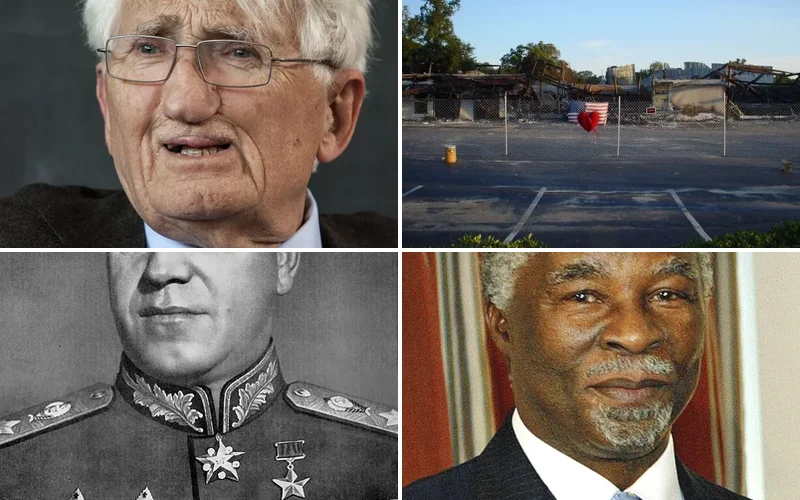
Politics and Government Events on June 18
1940 – Appeal of 18 June by Charles de Gaulle
Charles de Gaulle delivered his legendary radio broadcast from London, calling on the French people to resist Nazi occupation. This defiant message became the cornerstone of the French Resistance movement during World War II.
The general’s courageous words inspired countless French citizens to continue fighting against fascism. His appeal transformed him from a relatively unknown military officer into the symbol of Free France.
1953 – Egyptian Revolution Concludes with Republic Declaration
The Egyptian revolution of 1952 reached its culmination with the overthrow of the Muhammad Ali dynasty and the establishment of the Republic of Egypt. Revolutionary officers successfully dismantled centuries of monarchical rule in the ancient land.
This dramatic political transformation reshaped the entire Middle East power structure. The new republic would soon emerge as a major force in Arab nationalism and regional politics.
1981 – Lockheed F-117 Nighthawk Makes First Flight
The revolutionary F-117 Nighthawk took to the skies for its maiden flight, marking the dawn of stealth aircraft technology. This groundbreaking warplane represented the first operational aircraft designed specifically around stealth principles.
Military aviation entered a new era with this angular, radar-evading fighter. The Nighthawk’s successful test flight would fundamentally change aerial warfare tactics and defensive strategies worldwide.
1979 – SALT II Agreement Signed
The United States and Soviet Union signed the Strategic Arms Limitation Treaty II, representing a crucial step toward nuclear disarmament. President Carter and General Secretary Brezhnev committed their nations to reducing strategic nuclear weapons stockpiles.
This diplomatic breakthrough offered hope for easing Cold War tensions between the superpowers. The treaty demonstrated that even ideological enemies could find common ground on existential threats.
1954 – Guatemalan Coup d’État Begins
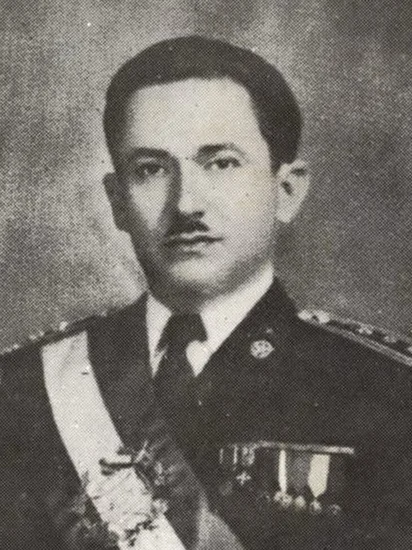
Carlos Castillo Armas led an invasion force across the Guatemalan border, initiating the CIA-backed coup that would topple the democratically elected government. This operation marked a significant escalation in Cold War interventions throughout Latin America.
The invasion forces advanced rapidly through the countryside, supported by American intelligence operations. This successful coup would establish a template for future U.S. interventions in developing nations.
Military and Naval History on June 18
1815 – Battle of Waterloo
Napoleon Bonaparte suffered his final defeat at the Battle of Waterloo, ending his remarkable military career and the Napoleonic Wars. The Duke of Wellington’s coalition forces decisively crushed the French emperor’s last desperate gamble for European dominance.
This epic confrontation reshaped the entire European political landscape for generations. Napoleon’s defeat at Waterloo sent him into permanent exile and restored the balance of power among European nations.
1965 – Vietnam War B-52 Bomber Attacks
The United States Air Force deployed B-52 bombers against guerrilla fighters in South Vietnam for the first time. These massive strategic bombers brought unprecedented firepower to the Southeast Asian conflict.
The bombing campaign marked a significant escalation in American military involvement in Vietnam. These operations would continue for years, fundamentally altering the nature of the conflict.
1945 – William Joyce Charged with Treason

British authorities charged William Joyce, known as “Lord Haw-Haw,” with treason for his pro-German propaganda broadcasts during World War II. His seditious radio programs had attempted to demoralize Allied forces and civilians.
Joyce’s capture and prosecution demonstrated Allied determination to hold collaborators accountable. His case would become a landmark in defining treason during wartime broadcasting.
1953 – U.S. Air Force C-124 Crashes in Japan
A United States Air Force C-124 transport aircraft crashed and burned near Tachikawa, Japan, killing 129 people aboard. This tragic accident represented one of the deadliest military aviation disasters of the early Cold War period.
The crash highlighted the dangers faced by military personnel during routine transport operations. Investigation of the disaster led to important safety improvements in military aviation protocols.
Science and Discovery Milestones on June 18
1983 – Sally Ride Becomes First American Woman in Space
Astronaut Sally Ride shattered the space ceiling by becoming the first American woman to travel into orbit aboard Space Shuttle Challenger. Her historic mission marked a breakthrough for gender equality in space exploration.
Ride’s achievement inspired countless young women to pursue careers in science and engineering. Her successful mission demonstrated that space travel was no longer exclusively a male domain.
2009 – Lunar Reconnaissance Orbiter Launched

NASA successfully launched the Lunar Reconnaissance Orbiter (LRO), a sophisticated robotic spacecraft designed to map the Moon’s surface in unprecedented detail. This mission would provide crucial data for future lunar exploration missions.
The LRO’s advanced instruments promised to revolutionize our understanding of lunar geology and resources. Scientists eagerly anticipated the wealth of data this mission would provide about Earth’s closest celestial neighbor.
2006 – Kazakhstan Launches First Space Satellite
Kazakhstan achieved a major milestone by launching KazSat-1, the nation’s first indigenous space satellite. This accomplishment demonstrated the country’s growing technological capabilities and space program ambitions.
The successful launch positioned Kazakhstan as an emerging player in the global space industry. This achievement marked the beginning of the nation’s independent space exploration efforts.
1928 – Amelia Earhart Crosses Atlantic Ocean
Aviator Amelia Earhart became the first woman to fly across the Atlantic Ocean, though she traveled as a passenger with pilot Wilmer Stultz. This groundbreaking flight captured international attention and advanced women’s roles in aviation.
Earhart’s transatlantic journey inspired a generation of female pilots and aviation enthusiasts. Her courage and determination helped break down barriers preventing women from pursuing careers in aviation.
Cultural and Arts Events on June 18
1948 – Columbia Records Introduces Long-Playing Albums
Columbia Records revolutionized the music industry by introducing the long-playing record album at the Waldorf-Astoria Hotel in New York City. This technological breakthrough would transform how people experienced recorded music.
The LP format allowed artists to create cohesive musical statements rather than just collections of singles. This innovation fundamentally changed both music production and consumption patterns worldwide.
1958 – Benjamin Britten’s Noye’s Fludde Premieres
Benjamin Britten’s one-act opera “Noye’s Fludde” premiered at the prestigious Aldeburgh Festival, showcasing the composer’s innovative approach to musical theater. This work demonstrated Britten’s mastery of combining traditional and modern musical elements.
The opera’s premiere established Britten as one of the most important contemporary composers. His creative vision would influence generations of musicians and opera enthusiasts.
1982 – Italian Banker Found Dead Under Mysterious Circumstances

Roberto Calvi’s body was discovered hanging beneath Blackfriars Bridge in London, creating one of the most mysterious financial scandals of the era. The Italian banker’s death raised questions about Vatican finances and organized crime connections.
This shocking discovery exposed the dark underbelly of international banking and religious institutions. The case would generate conspiracy theories and investigations for decades to come.
Religious and Social Events on June 18
1983 – Baháʼí Martyrs Executed in Iran
Mona Mahmudnizhad, along with nine other Baháʼí women, was sentenced to death and executed in Shiraz, Iran, for her religious beliefs. This tragic event highlighted the systematic persecution of religious minorities in post-revolutionary Iran.
The execution of these peaceful believers shocked the international community. Their martyrdom became a symbol of religious persecution and the struggle for freedom of conscience.
1920 – The Troubles Begin in Ulster
Sectarian violence erupted in Derry, Northern Ireland, marking the beginning of the Troubles that would plague Ulster for decades. This week of violence established patterns of conflict that would define Northern Irish politics.
The outbreak of violence revealed deep-seated religious and political divisions within Irish society. These conflicts would continue to shape the region’s history for generations.
1946 – Direct Action Called Against Portuguese in Goa
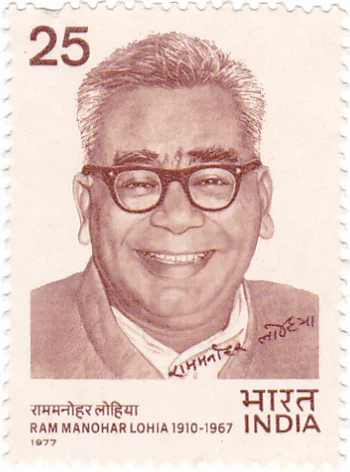
Dr. Ram Manohar Lohia, a prominent Socialist leader, called for Direct Action Day against Portuguese colonial rule in Goa. This call for resistance marked an important moment in India’s anti-colonial struggle.
The campaign demonstrated growing Indian nationalism and opposition to remaining European colonial presence. Lohia’s activism would contribute to eventual liberation of Portuguese territories in India.
Business and Economic Events on June 18
1948 – Deutsche Mark Introduction Announced

Britain, France, and the United States announced the introduction of the Deutsche Mark in western Germany and West Berlin. This monetary reform would become the foundation of West Germany’s economic miracle.
The new currency represented a crucial step toward German economic recovery after World War II. Communist restrictions on Berlin access intensified in response to this capitalist economic initiative.
1908 – Japanese Immigration to Brazil Begins
Seven hundred eighty-one Japanese immigrants arrived in Santos, Brazil, aboard the ship Kasato-Maru, launching large-scale Japanese immigration to South America. This migration would create one of the world’s largest Japanese diaspora communities.
The immigrants sought economic opportunities and escape from overcrowding in Japan. Their arrival marked the beginning of significant Japanese cultural influence in Brazilian society.
1935 – Vancouver Police Clash with Striking Longshoremen
Police in Vancouver, British Columbia, violently clashed with striking longshoremen, resulting in sixty injuries and twenty-four arrests. This confrontation highlighted growing labor tensions during the Great Depression.
The violent clashes demonstrated the desperation of workers struggling for better conditions. These events would contribute to stronger labor organization and eventual workers’ rights legislation.
Transportation and Infrastructure on June 18
1972 – Staines Air Disaster Claims 118 Lives

A BEA Hawker Siddeley Trident crashed minutes after takeoff from London’s Heathrow Airport, killing all 118 people aboard. This catastrophic accident became one of Britain’s worst aviation disasters.
The crash investigation revealed important safety deficiencies in commercial aviation procedures. Resulting safety improvements would help prevent similar tragedies in future airline operations.
1998 – Propair Flight 420 Crashes in Quebec

Propair Flight 420 crashed near Montréal–Mirabel International Airport in Quebec, Canada, killing eleven people. This tragedy highlighted ongoing safety concerns in regional aviation operations.
The accident investigation led to important improvements in regional airline safety protocols. Enhanced training and maintenance requirements emerged from analysis of this preventable disaster.
2007 – Charleston Sofa Super Store Fire

A massive fire at the Charleston Sofa Super Store in South Carolina killed nine brave firefighters. This tragic event shocked the firefighting community and led to important safety reforms.
The fire’s intensity caught firefighters off guard, resulting in the worst loss of firefighter lives in Charleston’s history. Improved safety protocols and training emerged from this heartbreaking tragedy.
Sports and Recreation on June 18
1994 – FIFA World Cup Match Marred by Tragedy
Members of the Ulster Volunteer Force attacked a crowded pub in Loughinisland, Northern Ireland, killing six Catholic civilians watching the FIFA World Cup. This sectarian attack shocked the international community during a time of supposed peace.
The pub was packed with football fans enjoying the World Cup matches. This brutal attack demonstrated how sectarian violence could intrude even on moments of sporting joy.
1984 – Orgreave Confrontation During Miners’ Strike

A major clash erupted between approximately 5,000 police and striking miners at Orgreave, South Yorkshire, during the historic 1984-85 UK miners’ strike. This confrontation became one of the most violent episodes of the labor dispute.
The battle at Orgreave symbolized the broader struggle between organized labor and government authority. Television coverage of the violence shocked the British public and divided political opinion.
2018 – Earthquake Strikes Northern Osaka

A magnitude 6.1 earthquake struck northern Osaka, Japan, causing significant damage and casualties. This seismic event disrupted major sporting events and highlighted Japan’s earthquake preparedness.
The earthquake’s timing during peak commuting hours maximized its impact on daily life. Emergency response systems demonstrated Japan’s advanced disaster preparedness capabilities.
Notable Births on June 18
1901 – Grand Duchess Anastasia Nikolaevna of Russia
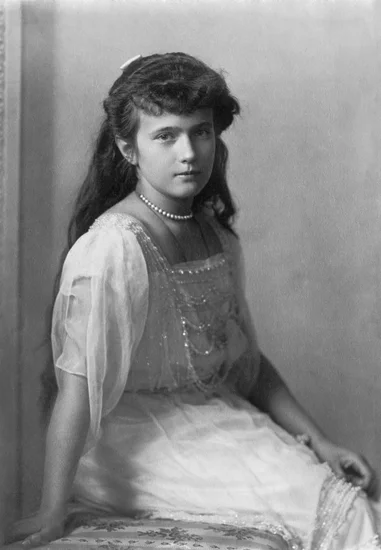
The youngest daughter of Tsar Nicholas II entered the world during the twilight of imperial Russia. Her tragic fate would become one of history’s most enduring mysteries.
Anastasia’s life ended during the Russian Revolution when her family was executed. Her story has inspired countless books, films, and legends about possible survival.
1942 – Paul McCartney, Legendary Musician

The future Beatles bassist and songwriter was born in Liverpool, England. His musical genius would help create the most successful band in popular music history.
McCartney’s songwriting partnership with John Lennon revolutionized popular music. His melodic gifts and versatility established him as one of music’s greatest creative forces.
1942 – Thabo Mbeki, South African President
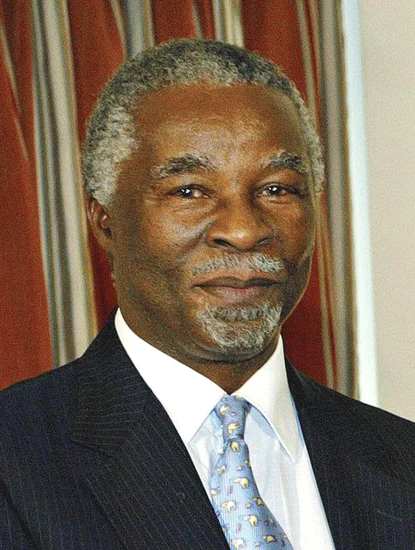
The future second President of South Africa was born into a family of anti-apartheid activists. His political career would span the transition from apartheid to democracy.
Mbeki’s intellectual approach to politics shaped post-apartheid South Africa. His presidency focused on African renaissance and economic transformation.
1942 – Roger Ebert, Film Critic

America’s most influential film critic was born in Urbana, Illinois. His reviews would shape public opinion about cinema for decades.
Ebert’s television show with Gene Siskel made film criticism accessible to mainstream audiences. His “thumbs up” became the most recognizable symbol in film criticism.
1929 – Jürgen Habermas, German Philosopher

One of Germany’s most influential philosophers was born in Düsseldorf. His work would reshape understanding of communication and democratic theory.
Habermas developed groundbreaking theories about public discourse and rational communication. His philosophical contributions influenced fields from politics to sociology.
1918 – Jerome Karle, Nobel Prize Winner
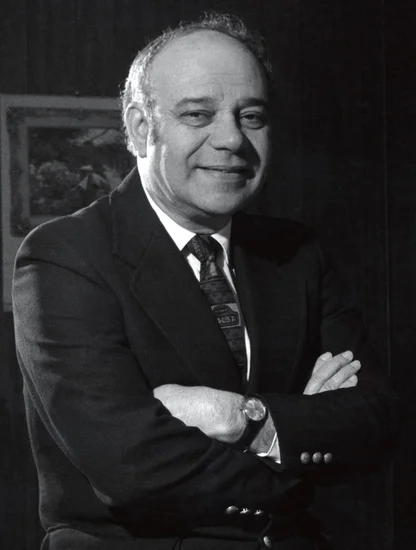
The future Nobel Prize-winning chemist was born in New York City. His revolutionary work in crystallography would advance scientific understanding of molecular structures.
Karle’s research methods enabled scientists to determine the structure of complex molecules. His innovations contributed to advances in medicine, chemistry, and materials science.
1950 – Fernando Henrique Cardoso, Brazilian President
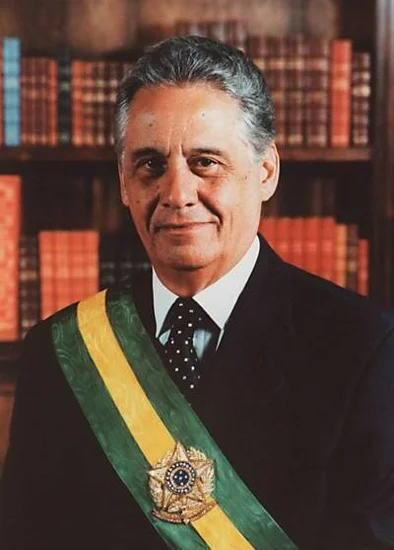
The future 34th President of Brazil was born into an intellectual family. His academic background in sociology would inform his political leadership.
Cardoso’s presidency brought economic stability and democratic consolidation to Brazil. His social policies helped reduce poverty and inequality throughout the nation.
Notable Deaths on June 18
1928 – Roald Amundsen, Polar Explorer
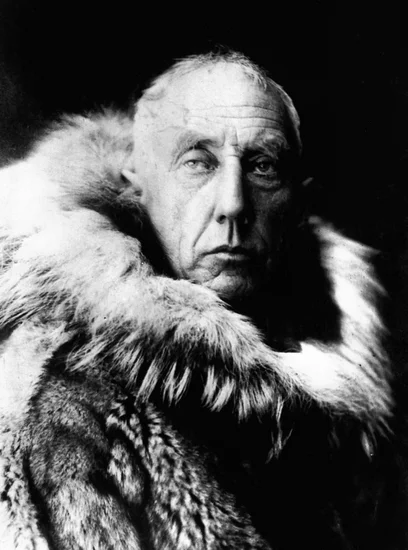
The legendary Norwegian explorer died while attempting to rescue fellow aviators in the Arctic. His death marked the end of an era in polar exploration.
Amundsen became the first person to reach the South Pole in 1911. His meticulous planning and Arctic expertise made him one of history’s greatest explorers.
1936 – Maxim Gorky, Russian Literary Giant
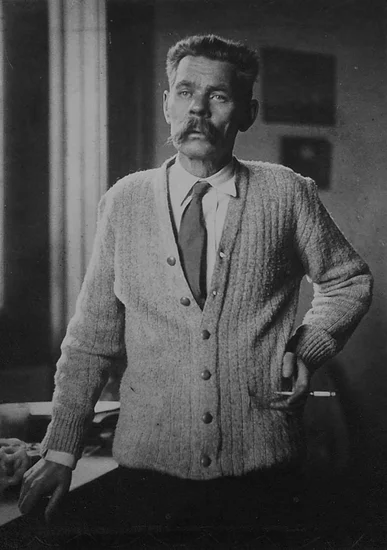
The influential Russian novelist and playwright died in Moscow under mysterious circumstances. His works had captured the struggles of ordinary people during revolutionary times.
Gorky’s writing gave voice to the dispossessed and working class. His literary contributions helped shape Russian literature and social consciousness.
1974 – Georgy Zhukov, Soviet Marshal
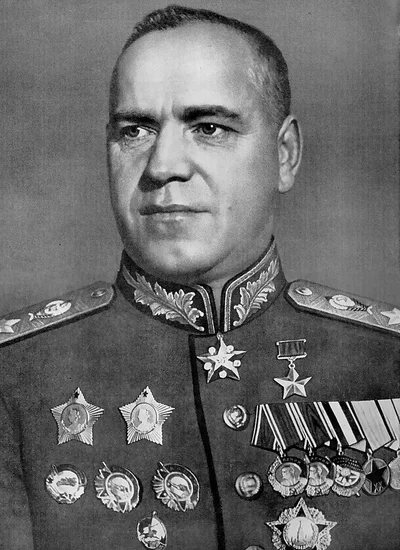
The legendary Soviet military commander died in Moscow after a distinguished career. His strategic brilliance had been crucial to defeating Nazi Germany.
Zhukov’s leadership during World War II saved countless lives and changed history’s course. His tactical genius earned him recognition as one of the war’s greatest generals.
1982 – John Cheever, American Author

The acclaimed American novelist and short story writer died in Ossining, New York. His suburban tales captured the complexities of middle-class American life.
Cheever’s writing explored themes of alienation and spiritual emptiness in modern society. His literary style influenced generations of American writers.
2010 – José Saramago, Portuguese Nobel Laureate

The Portuguese novelist and Nobel Prize winner died in Lanzarote, Spain. His innovative literary style and philosophical depth had earned international acclaim.
Saramago’s novels challenged conventional narrative structures and explored profound human themes. His works established him as one of literature’s most important contemporary voices.
2020 – Vera Lynn, Forces’ Sweetheart

The beloved British singer died at age 103, having entertained troops during World War II. Her patriotic songs had boosted morale during Britain’s darkest hours.
Lynn’s voice provided comfort and hope to millions during wartime. Her musical legacy symbolized British resilience and unity during the Second World War.
Holidays and Observances on June 18
Autistic Pride Day
Communities worldwide celebrate Autistic Pride Day to promote acceptance and understanding of autism spectrum disorders. This international observance challenges stigma and celebrates neurodiversity.
The day emphasizes the importance of inclusion and recognizing the unique contributions of autistic individuals. Educational events and advocacy activities help build more accepting communities.
National Day of Seychelles
The Republic of Seychelles celebrates its National Day, commemorating the nation’s independence and constitutional development. Citizens honor their island nation’s unique culture and natural beauty.
The celebration includes cultural performances, traditional music, and displays of national pride. This day reinforces Seychellois identity and unity among the scattered island communities.
Waterloo Day in the United Kingdom
Britain commemorates the Battle of Waterloo, which ended Napoleon’s final attempt at European domination. This historic victory shaped British national identity and European politics.
The observance honors the Duke of Wellington’s coalition forces and their decisive victory. Military historians and enthusiasts gather to remember this pivotal moment in European history.
